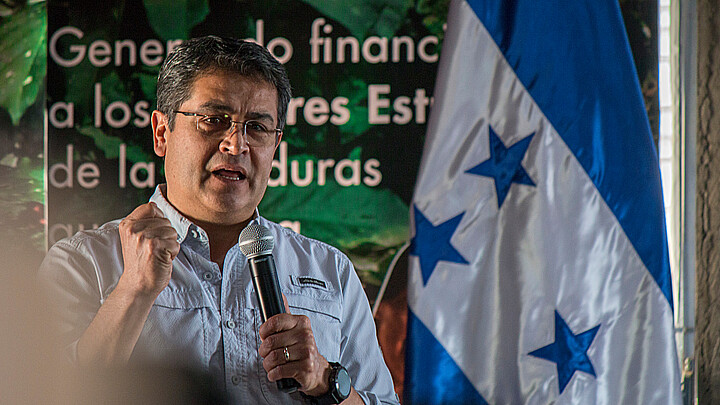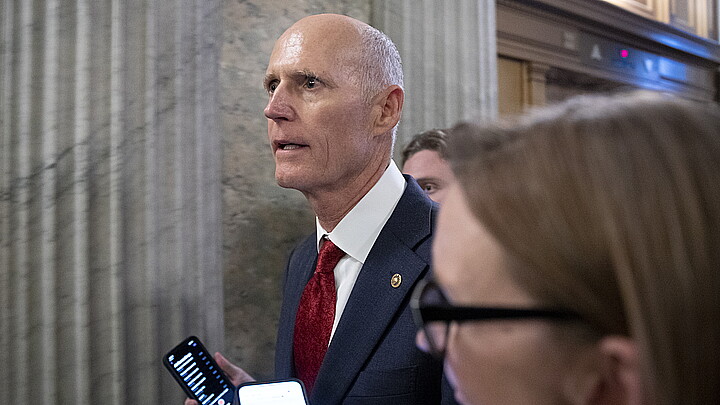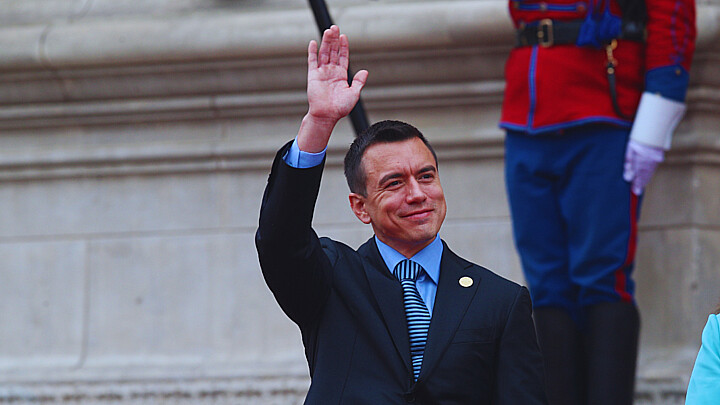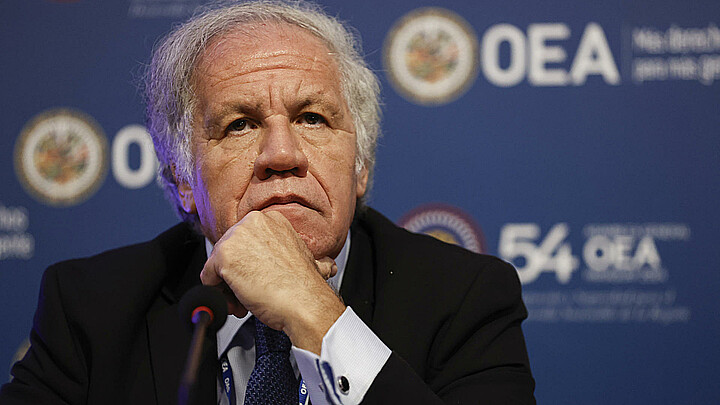Politics
Biden official warns that Salvadoran President Bukele resembles Hugo Chavez
"Many of Bukele's actions, I believe, are taking this country (El Salvador) in a much more authoritarian direction than the one we saw at the beginning of Hugo Chavez's years"
December 13, 2021 11:41am
Updated: December 13, 2021 1:46pm
A Biden official warned on Friday that Salvadoran President Nayib Bukele is heading in a “much more authoritarian” direction than former Venezuelan dictator Hugo Chavez took when he was first elected in 1998.
Juan Gonzalez, special assistant to the president and National Security Council senior director for Western Hemisphere affairs, told La Voz de America that "Many of Bukele's actions, I believe, are taking this country (El Salvador) in a much more authoritarian direction than the one we saw at the beginning of Hugo Chavez's years."
Gonzalez’s remarks come as bilateral relationships between Washington and San Salvador continue to deteriorate. The Biden administration has publicly voiced concerns over the Salvadoran government’s dismissal of judges, the closure of an anti-corruption body, the restriction of access to information and an increase of disappearances in El Salvador since the beginning of the year.
Relations between the two countries are currently on hold, however, and the State Department’s top official left the country last month after saying Bukele’s government showed no interest in improving relations, Reuters reported.
"Obviously we're on a bit of a pause because the government of El Salvador is not giving a signal that it has an interest in our relationship," former U.S. Chargé d'Affaires Jean Manes told reporters before her departure.
"Again, it's impossible to think that someone has an interest in our relationship when they're using their paid media machine to attack the United States every day," she added.
Last Wednesday, the Biden administration accused El Salvador’s government of reaching a secret agreement with the notorious MS-13 gang under which the criminal group would scale back on killings and support Bukele’s party in the country’s upcoming midterm elections.
Following the accusation, the U.S. Treasury Department announced that it was imposing sanctions on two Salvadoran officials for their roles in the alleged deal with the bloody street gang. According to officials, Osiris Luna Meza, the vice minister of justice and director of the prison system, and Carlos Amilcar Marroquín, head of a major social welfare agency, met with jailed gang leaders and “provided financial incentives” to ensure that the number of “confirmed homicides” remained low.
Bukele denied the accusations on Twitter last Wednesday, tweeting, “How can they put out such an obvious lie without anybody questioning it?”
The Salvadoran president currently enjoys extremely high popularity and control of the country’s congress.










